The final report
On National Engineering Day 2025, the final report for the Engineers 2030 project was published. It contains ten recommendations for “catalytic changes” to develop an engineering education and skills system fit for purpose.
The Engineers 2030 project and this final report sets out a bold and necessary vision for the future of engineering and the engineering workforce in the UK.
The report is the culmination of an 18-month programme of work and is grounded in evidence from ideation workshops, national and regional roundtables, literature reviews, policy research and analysis.
How do we fix the engineering education and skills system?
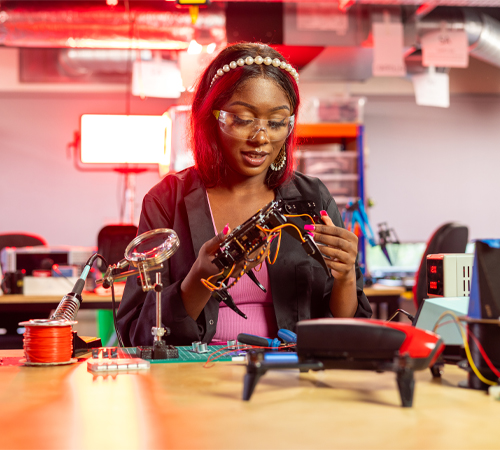
Engineers 2030 is a catalyst for change.
Led by the Royal Academy of Engineering on behalf of the National Engineering Policy Centre, the project identifies how engineering knowledge, skills and behaviours are changing in the 21st century and what is needed to attract, educate, recruit and support the engineers and technicians of the future.
Engineers 2030 challenges how we think about engineering today, and how the engineering workforce needs to be different. It will examine what and how we teach and professionally develop young people and our existing engineers and technicians. Ultimately, it will determine whether the systems, cultures, and policies currently in place across the United Kingdom are ready to deliver what we need from our engineering and technology workforce now and for the next 25 years.
Research and reports
Discover Engineers 2030's journey through a series of past publications of research and reports. These include the Nations and Regions report, the final Engineers 2030 Vision and Principles published in April 2025, and supporting reports from Phase 1 of the project. Browse the team's work below.
Review of Engineering Education & Skills Programmes & Policies
Published: August 2025
The report brings together research conducted in partnership with We. Communications, examining the UK’s current engineering education and skills programmes and policies identifying strengths and areas of opportunity where further development could benefit the sector.
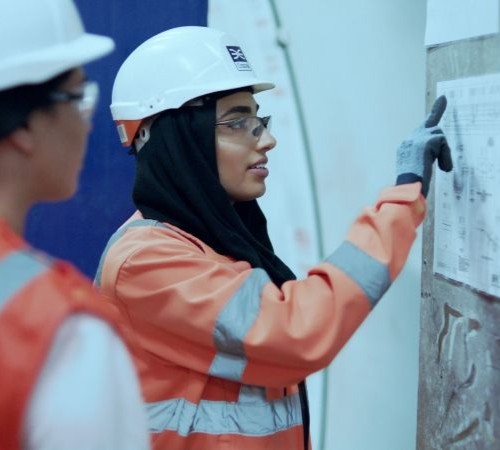
Nations and Regions Report
Published: July 2025
Over the past few months, the team hosted a series of roundtables across the UK in Newcastle, Liverpool, Belfast and Glasgow. The team also conducted interviews with key stakeholders in Wales. These sessions introduced the Engineers 2030 Vision and Principles to audiences beyond London and offered valuable insights into the regional education and skills system.
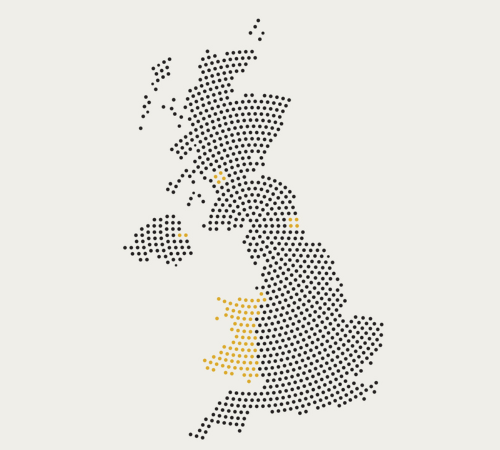
The final Engineers 2030 Vision and Principles
Published: April 2025
In March 2024, the National Engineering Policy Centre (NEPC) launched a public consultation seeking feedback on a new Vision and six guiding Principles aimed at shaping the engineering profession through 2030 and beyond. This process generated 101 written submissions, largely from individual engineers, and included workshops with industry representatives, educational providers, government bodies, and professional institutions.
The Vision and Principles were developed in partnership with the National Engineering Policy Centre and engineering community stakeholders through roundtables and a consultation process.
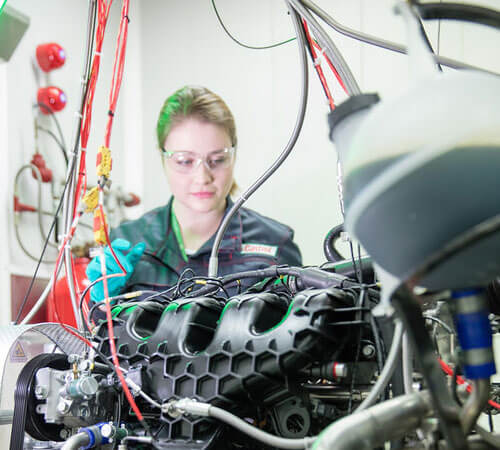
By 2030, engineers play an urgent and pivotal role in sustainable growth, technological development, and environmental regeneration with all sectors of engineering working inclusively and across fields.
Engineers are demonstrating leadership, creativity and technical excellence by implementing solutions that shape the future and enable society to navigate immediate challenges.
Some updates were made to the wording of the original principles outlined in the March 2024 original document.
The new principles are:
- Resilient and future-facing.
- Socially responsible and inclusive.
- Trusted by the public.
- Integrated approach.
- Data and digitally fluent.
- Commercially and economically literate.
Consultation summary document
Published: December 2024
In March 2024, the National Engineering Policy Centre (NEPC) launched a public consultation to review a proposed new Vision, and six guiding Principles designed to shape the future of engineering through 2030 and beyond. The Engineers 2030 consultation highlighted the need for policy and educational reforms that align with the evolving demands of the engineering profession. Phase 2 of Engineers 2030 will focus on educational reforms and policy development to ensure that the UK’s engineering sector is prepared to meet future challenges.

Calibrating future curricula
Published: December 2024
The NEPC sees developing an engineer's skills as a two-part process: defining what skills are needed and how to teach them. The "what" involves identifying the skills and their sources, while the "how" focuses on curriculum design and teaching methods. This helps universities understand and meet industry needs better.
Calibrating future curricula report looks at what skills UK universities currently teach engineering students, especially through design and project modules. The report also explores what skills and knowledge are important for engineers in their jobs, based on interviews with recent graduates. This research aims to bridge the gap between academic education and industry requirements by understanding how skills are acquired and applied in practice.
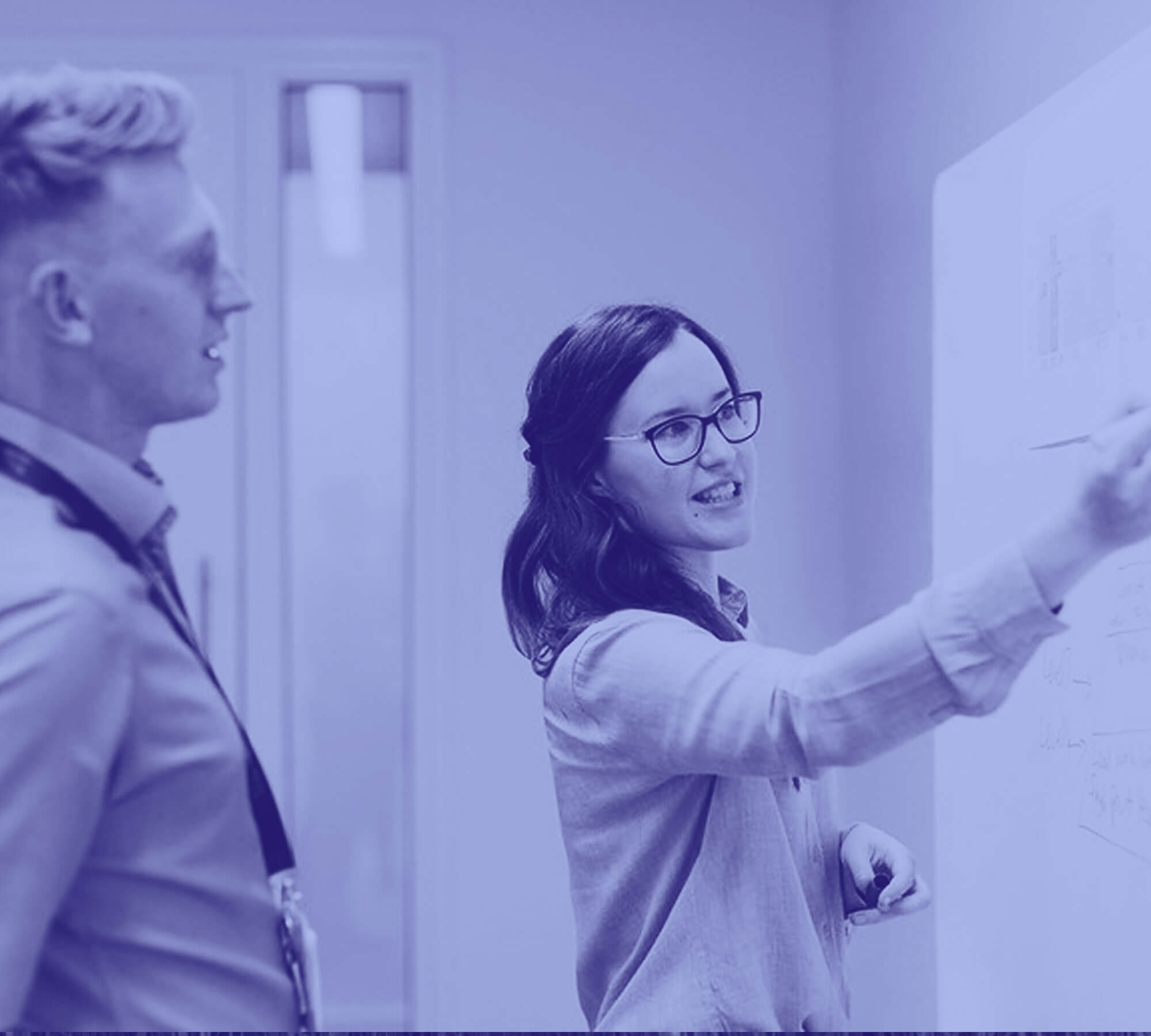
Findings
The authors developed an inventory of skills relevant to engineering practice, not including standard teaching elements of engineering degree courses. They then individually searched for these terms across higher education institutions that provide detailed module descriptions. Four disciplines were considered: chemical engineering, civil engineering, electronic/electrical engineering, and mechanical engineering. The authors then recorded the module in which they feature and calculated the overall frequency by engineering discipline.
Searches were made for 16 different skills:
- Communication
- Digital (specifically programming)
- Ethics
- Risk management
- Independence – covering judgement, learning, research, work
- Interdisciplinarity
- Working knowledge development
- Site skills
- Leadership
- Legal
- Policy
- Problem-solving
- Sustainability
- Teamwork
- Work ethic
Certain skills did not appear at all: work ethic and knowledge development. Although valuable, these are perhaps inherent characteristics of individual students and institutions’ pedagogic approach. They could be further developed or refined, but if this is the case it is not mentioned.
The authors recognise that it is highly likely that many of the aspects identified previously do feature within the curriculum, but it is telling that they are not explicitly stated in published course descriptions. It is also notable that where similar work, specifically focused on sustainability content1 in the curriculum and undertaken in 2022, found many gaps in provision, this work two years later suggests coverage is now more extensive. This is highly likely to be the impact of new requirements of accreditation in the form of AHEP 4.
Recommendations from graduates
- Strengthening links between universities and industry and community partners
- Promoting active learning
- Enhancing exposure to interdisciplinary practice
- Shifting towards more flexible and student-centred degrees
- New techno-scientific pillars for engineering curricula
- Emphasising lifelong learning and continuous professional development
Report of Futures Workshops
Published: March 2024
This report summarises the outcomes of two workshops, held in December 2023 and January 2024, to gather views from a range of stakeholders.
The workshops explored what future engineers could look like, the changes that needed to be implemented and the guiding principles required.
The report is divided into four parts:
- Introducing the workshops.
- Outlining the envisioned future for engineers and the proposed timelines for achieving it.
- Recording participants' perspectives on defining principles for future engineers.
- Sharing their observations.
Additionally, annexes provide details of workshop participants, visioning questions, the draft vision, and schematics from discussions on implementing change.
Facilitated by Waverley Management Consultants and Ogilvie Design, the workshops aimed to create an aspirational vision for future engineers' roles in addressing environmental, economic, and societal challenges, identify necessary changes and establish timelines for implementation, and outline principles guiding the delivery of this vision.
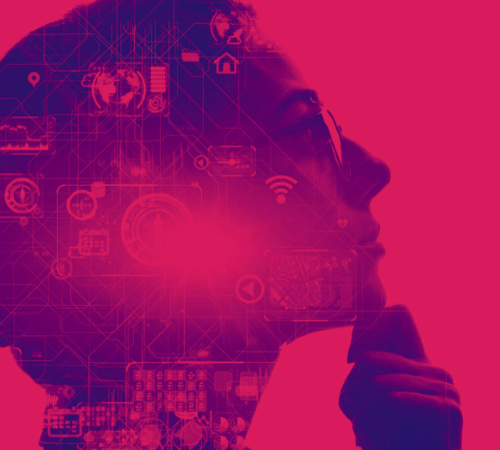
The vision was developed using a four step process.
- Step 1: scope the vision
- Step 2: produce the first draft of the vision
- Step 3: review and adjust the first draft
- Step 4: produce the final draft of the vision
In scoping the vision during the initial workshop, participants brainstormed questions about the future of engineering in addressing climate change and shaping policy. They envisioned engineers in 2050 as integral to global climate efforts, highly respected for their problem-solving abilities, and influential in policy development. Each group generated a list of questions to explore this future scenario. Drafting was then undertaken for the vision using the insights gathered from these discussions. Reviewing and refining these draft visions during the second workshop. Participants provided feedback and suggestions for improvement. They aimed to ensure the vision was ambitious, aspirational, transformational, and achievable. The final vision statement, emerged from these collaborative efforts, combining elements from the initial draft and refining others. This vision served as a foundation for the Engineers 2030 working group to develop their own draft vision.
Having established the vision, workshop participants discussed what the underlying principles of Engineers 2030 should be.
For the purposes of the discussion, principles were broadly defined as the values, practices and behaviours that will underpin delivery of the vision.
Participants discussed four areas:
- Principles for the education and skills system
- Principles for individual engineering organisations
- Principles for the individual engineer
- Principles for government
Sustainability in Engineering Higher Education
Published: March 2024
This report underscores a dual responsibility within engineering education.
Firstly, it acknowledges the historical societal impacts of engineering, urging a shift towards greater emphasis on sustainability in the curriculum to align students' perspectives with their societal responsibilities.
Secondly, engineering's pivotal role in addressing the climate crisis, advocating for a curriculum overhaul to embed sustainable design principles at the core of all degree programs.
While progress is evident, the report highlights the urgent need for further action to ensure sustainable design becomes a foundational element throughout engineering education, rather than an afterthought. It urges educators to prioritize sustainability to equip future engineers with the necessary skills to champion green technologies and address global challenges effectively.
Find out more about the Sustainability in Engineering Higher Education Project
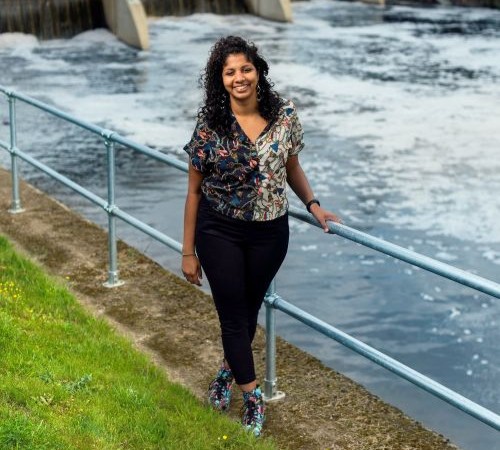
This report examines sustainability teaching within the landscape of engineering education in UK higher education. It is a comprehensive review of literature, university websites, and a survey targeting university leaders across the UK. Findings indicate a strong consensus among respondents regarding the need to enhance sustainability education within engineering programs, with 85.7% acknowledging pressure from their faculty or school to do so.
The report was prepared by the UCL Centre for Engineering Education in collaboration with the Engineering Professors' Council.
The report goes into detail of the results from the survey of learning outcomes related to sustainability with a focus on the following:
- Sustainability in the curriculum
- Who is teaching sustainability
- Use of the UN sustainability development goals
- Sustainability focused programmes.
The University of Manchester
Has a dedicated university academic lead for sustainability teaching and learning appointed to lead “informed and inspired futures”.
TEDI -London
The philosophy of TEDI-London and its global design engineering degree follow the UN’s SDG’s and many projects align with those goals.
University of Sheffield
Students take part in the global engineering challenge week which is compulsory part of their first year.
Reimagined degree map
The Reimagined Degree Map assists engineering departments in making vital decisions to ensure that their degree programs adequately prepare students for the challenges of the 21st century.
The Sustainability toolkit
A toolkit for UK Engineering academics to ensure that sustainability is essential to and fully integrated within the learning of Engineering students.
Engineers 2030 is an urgent and essential project.
The demands on engineers are greater than ever. The world faces both challenges and opportunities that depend upon substantial engineering input, chief amongst these being the climate emergency and the rapid progress in artificial intelligence and related digital technologies.
Engineering itself is undergoing accelerated change which will reshape modern society. That transformation requires engineers with a broader range of skills, from environmental awareness to greater data and digital skills. Yet the UK is still struggling to develop the engineering workforce to meet the current needs of an advanced manufacturing economy, let alone those of tomorrow.
The scale of change demands that as a self-regulating engineering profession, engineers ask what changes are needed in our mindset, education systems and cultures to ensure that we have a deeper understanding of our role in achieving a sustainable society and an inclusive and prosperous economy.
A new approach is gradually emerging. Take a look at our Vision and Principles for Engineers 2030, which is the framework for our thinking. But we believe it needs to be better defined, more widely agreed, and sharply accelerated. And to include a diverse a set of views as possible.
